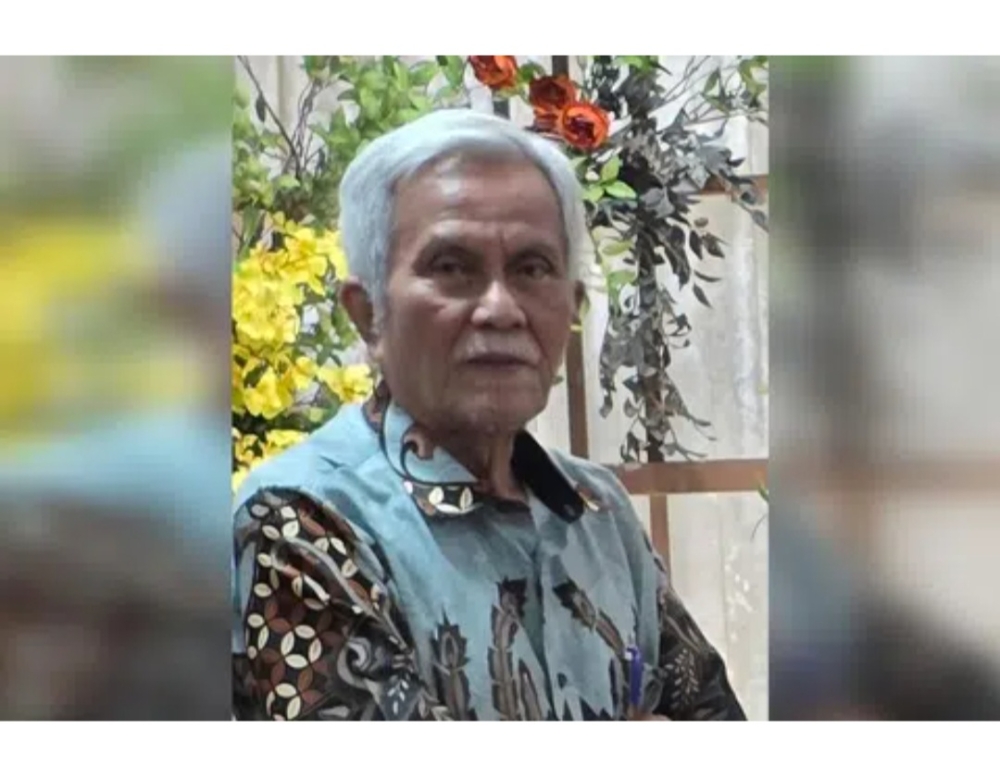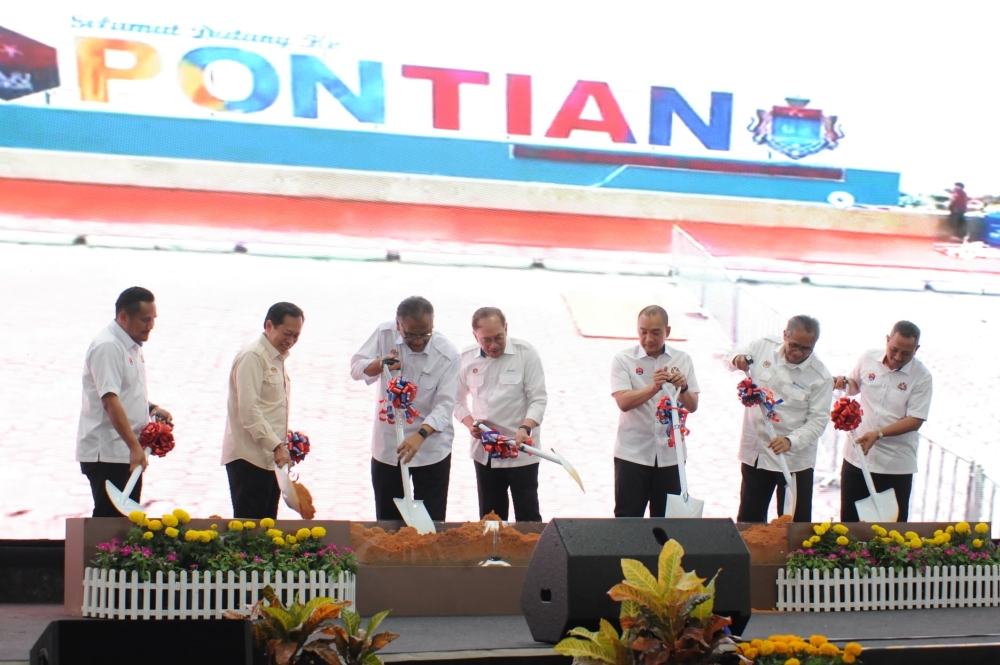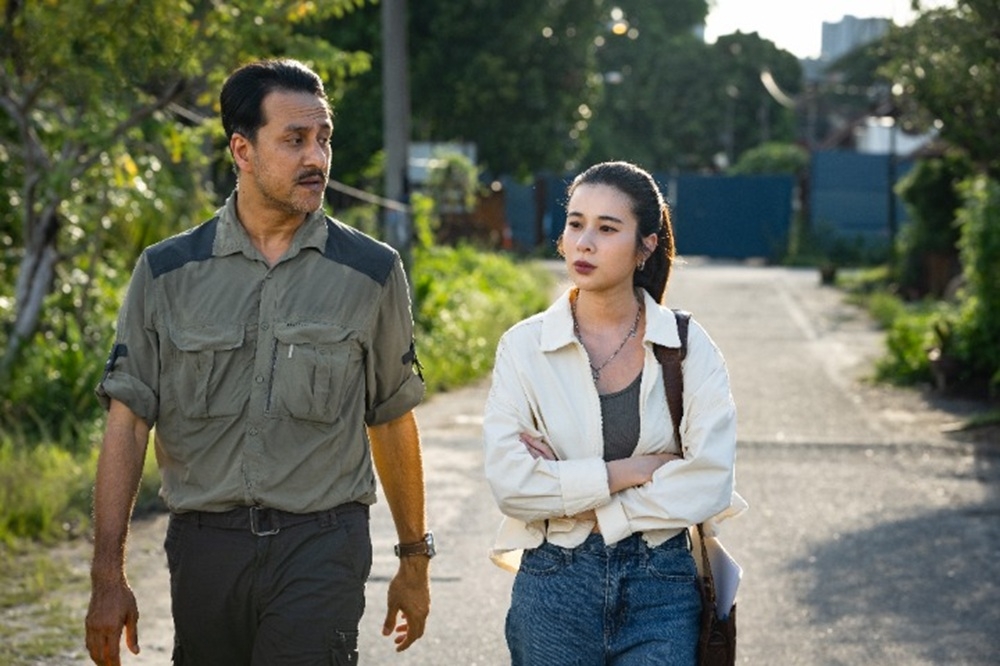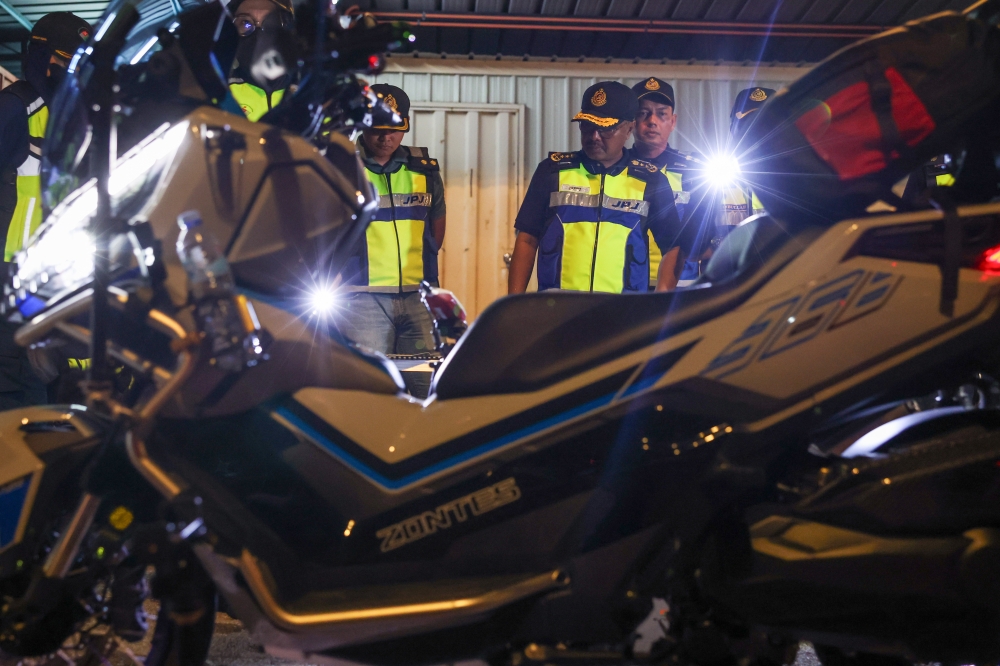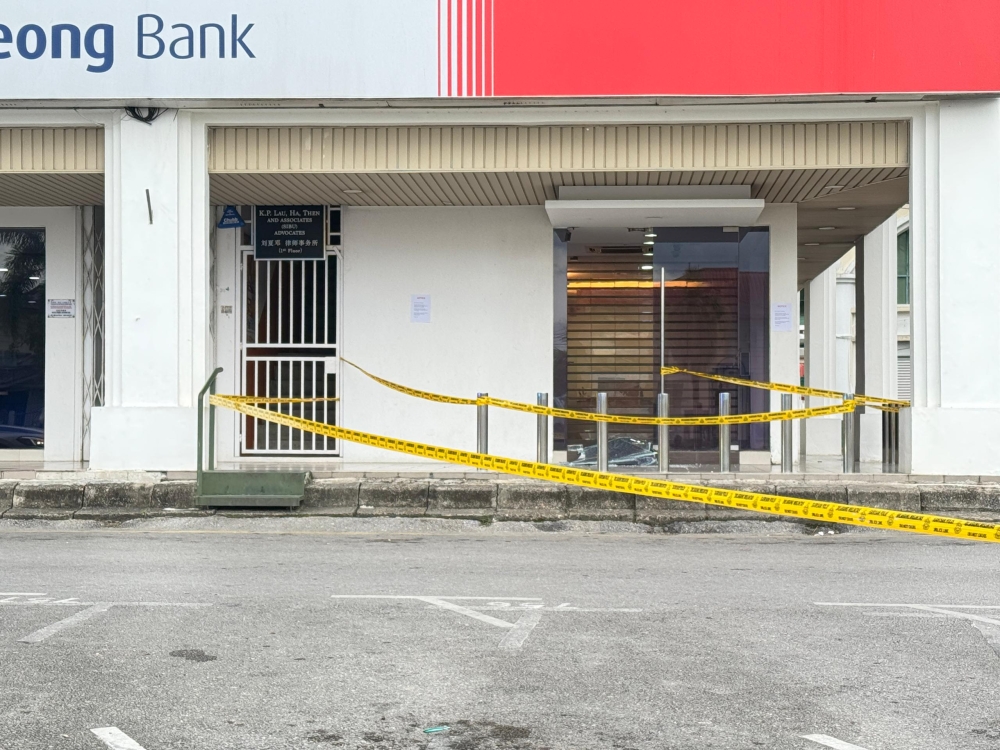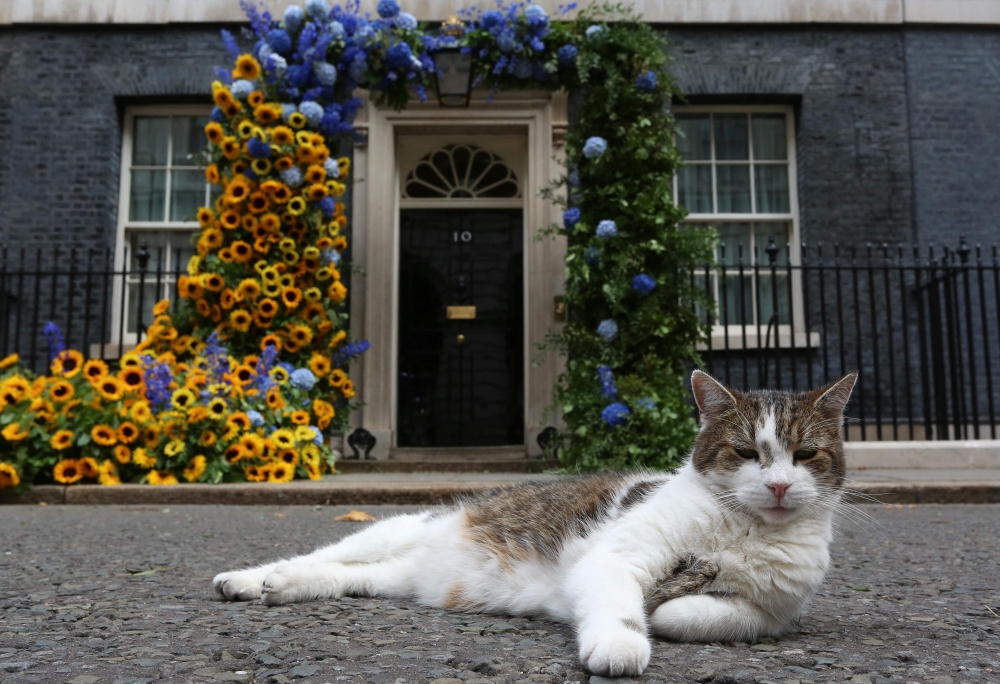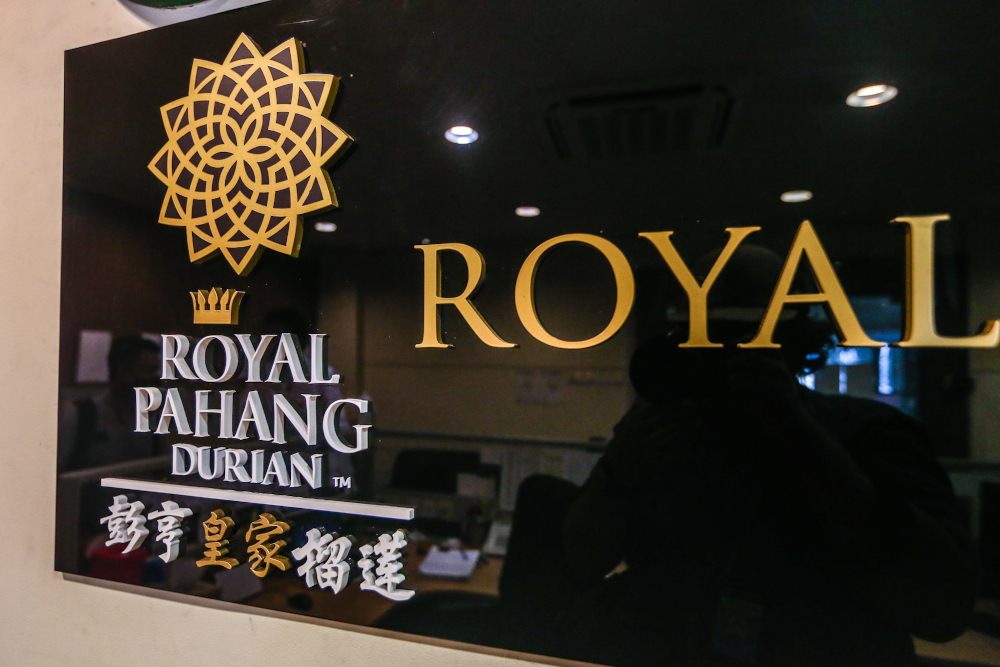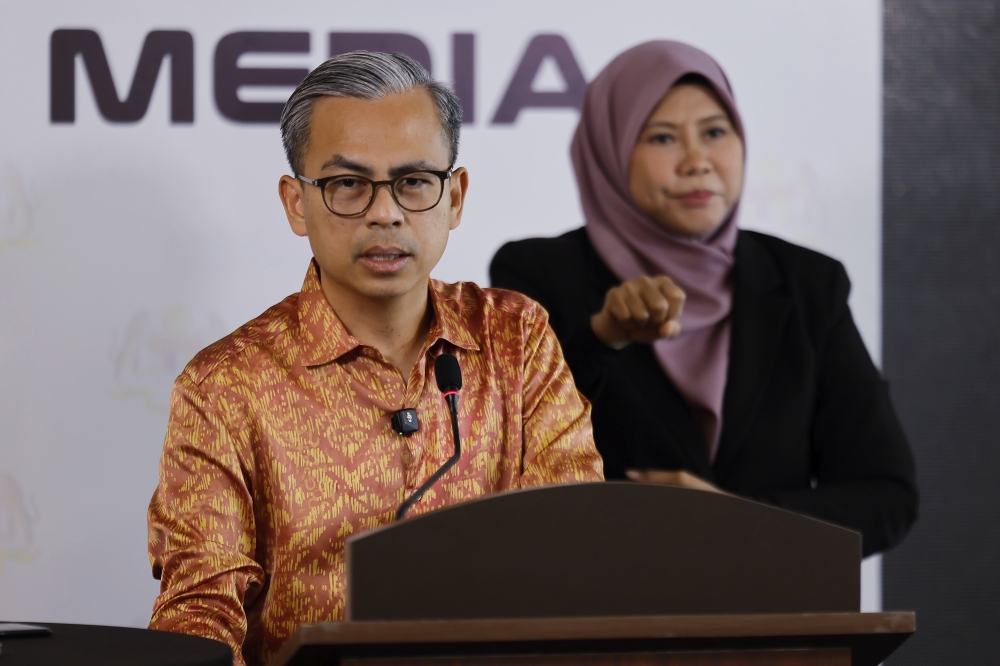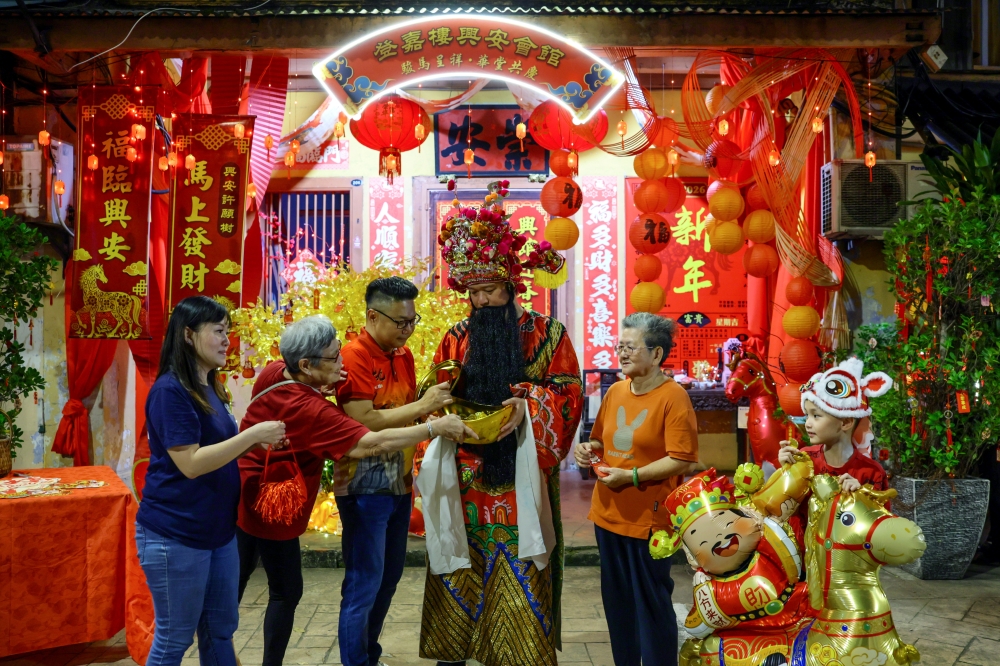PETALING JAYA, Aug 22 — After being accused of initiating an exploitative agreement with Musang King durian farmers to legitimise those on state-owned encroached land, the Royal Pahang Durian Group (RPDG), in denying these claims, has pointed out its bigger goal of thwarting the growing influence of foreign-backed players in the local market.
A spokesman from RPDG, in an exclusive interview with Malay Mail yesterday, explained the legalisation scheme — that was compared to “modern slavery” by a group of farmers called the Save Musang King Alliance (Samka) — would ultimately lead to a win-win situation between the growers, state and industry.
The spokesman, who commented on condition of anonymity, in attempting to debunk Samka’s list of accusations, first pointed out how there are reportedly around 11,000 acres of state-owned land in Pahang currently encroached on by these purportedly illegal durian farmers.
RPDG’s representative said these growers practised the ‘grow-first-then-register’ culture instead of following the proper procedures, rebutting Samka’s claims that farmers accused of operating illegally were victims of rejected land plot applications.
“They will start growing the durian trees first, and only when the authorities start going after them, then they start scrambling to register their plots, and they are on state land and forestry land,” said the spokesman, referring to land gazetted as forest reserves.
“When the authorities go in to inspect, the durian trees are fully grown, so you can just imagine how long and for how many years they have been growing.”
RPDG is a group of companies linked to Pahang royalty, and one half of a joint venture with state entity Perbadanan Kemajuan Pertanian Negeri Pahang (PKPP), forming RPD Produce-PKPP, or RPDP-PKPP Sdn Bhd.
The RPDP-PKPP venture was formalised in March with the objective of operating the country’s largest durian-processing centre at a cost of RM40 million, which is slated for completion by June 2021.
RPDG had also formed another joint venture with PKPP named Royal Pahang Durian Resources-PKPP Sdn Bhd (RPDR-PKPP).
Then, in June, the Pahang state government awarded RPDR-PKPP the lease and rights to 5,357 acres of land in Raub for 30 plus 30 years, of which up to 30 per cent RPDG alleges have been encroached.
Following the award, RPDR-PKPP then offered the farmers on the encroached land a means of legitimising their plots through the legalisation scheme, as the rightful lease holders of these plots.
Those on illegally occupied land operating without permits, under the agreement, would be signed on as RPDR-PKPP’s subcontracted farmers; hence “legalising” their land.
The RPDG spokesman during the interview stressed that if encroachment activities are not weeded out, the Musang King market, and possibly entire local durian market along with it, could soon be at the mercy of foreign players who would determine the price of the King of Fruits without checks and balances.
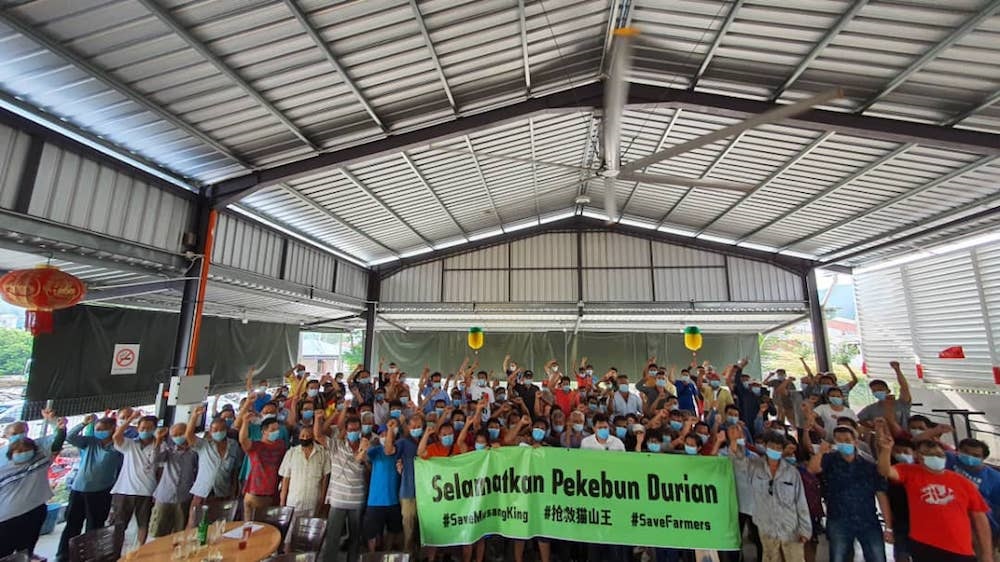
“Instead of a foreign syndicate or investor being the one deciding the market, wouldn’t it be better for a Malaysian company to determine the price of Malaysian durians?” said the spokesman.
A joint statement that was issued by RPDR-PKPP also yesterday, in response to Samka’s claims, highlighted the importance of regulating the local durian market to avoid the overarching influence of foreign investors which could spell the end for local producers.
“According to sources familiar with the matter, many illegal durian farms have unregulated foreign investor participants. Such instances of under-the-radar participation must cease immediately.
“Should this continue to exist under current conditions, the bleak future of having the national durian industry fall into unregulated foreign control to the long-term detriment of local players could indeed be a reality.
“This is already happening in the Thailand durian industry where foreign investors are increasingly using local nominees to influence local/exported durian prices and exert their control over local players along the Thai durian supply chain,” read RPDR-PKPP’s statement.
During the interview, the spokesman also addressed Samka’s criticism of a levy being imposed on farmers’ crops and its disapproval of a fixed trade deal with an appointed buyer at a flat rate of RM40 per kilogramme (kg) for 2021 and 2022.
Concerning the RM40 flat rate, RPDG stressed these charges were in line with the fruit’s fluctuating market price, which it claimed to be around RM30 to RM35 per kg when averaged out annually, and could dip to even as low as RM28 per kg, highlighting the risk of exposure that RPDR-PKPP is willing to take on.
The spokesman then explained that from the RM40, RM10 will be used to cover annual processing, surveying and maintenance fees, and only applies to the first 2,000kg of Grade A Musang King produced per acre annually.
“If they produce more than 2,000kg per acre, we are not going to charge them a levy on the excess and they will receive full payment of RM40 for each extra kg.
“Even if they don’t produce enough, it's not the case where we penalise them; we will impose the levy based on how much they produce,” said the RPDG rep.
As for rates for 2023 through to 2029, it was explained how the price per kg would be set upon discussions with the farmers, with the lowest rate maintained at RM40 per kg including the levy, and the highest at RM45 per kg.
“With this system, there is transparency because we buy the durians from these farmers at a cost that everyone knows. There is no shifting of prices here and there.
“It (the costs) will be RM30 per kg — not including the levy that's already mentioned — so how can we go about saying our costs are at another price?” said the rep.
The spokesman then justified the RM6,000 levy per acre imposed for the year 2020, also adding it had been agreed the charge would be paid in three instalments in September, December and March next year, and how growers are free to market their crops to anyone in the meantime.
“These farmers, remember they are growing their crops illegally, will still be allowed to sell their durians to anyone they want at any price for this year before we start the levy in May 2021.
“Also, we are not trying to take over their farms. They still maintain 100 per cent ownership of everything they own, just with some added commercial agreements.
“With this company and scheme, there will be no more under-the-table payment and by doing this process, there will be no more under-the-table cash payment so that the state government can collect tax and so forth,” said the spokesman, adding the mechanism could see at least RM500 million in potential taxes collected by the state from these ‘legalised’ farms.
The RPDR-PKPP statement, explaining further, said the levy charges would also include audits, and periodic monitoring and compliance with Malaysian Good Agricultural Practices’ (MyGAP) and other environmental regulations.
Complying with MyGap’s measures also puts in place safeguards against further encroachment, while ensuring environmental protection and sustainability measures are employed to produce safe crops from good agricultural practices, read the statement.
Other measures to be taken, it said, would be the deployment of annual satellite and drone imaging for periodic farm audits, while conducting compliance workshops with farmers.
“Taking into consideration the amount of work to be undertaken, the proposed levy payment by Royal Pahang Durian Resources PKPP Sdn Bhd is fair.
“In addition, the levy will also take care of annual rental payment to the state authorities, quit rent and assessment cost, and corporate taxation, which is levied on the company.
“In addition, PKPP, being a state-linked corporation, enjoys 25 per cent of the profits,” read the joint statement.
Additionally, the statement also claimed that RPDR-PKPP is best suited to the role of handling the legitimisation process as ithe RPDG currently owns the country’s first legally registered commercial durian plantations, measuring 1,000 acres in Tras in Pahang’s Raub district, on top of its processing facilityn co-owned together with PKPP set to be completed next year.
“By being the lead player, RPDG seeks to provide an avenue for the farmers’ fruits to be exported under a strong brand name,” read the statement.






